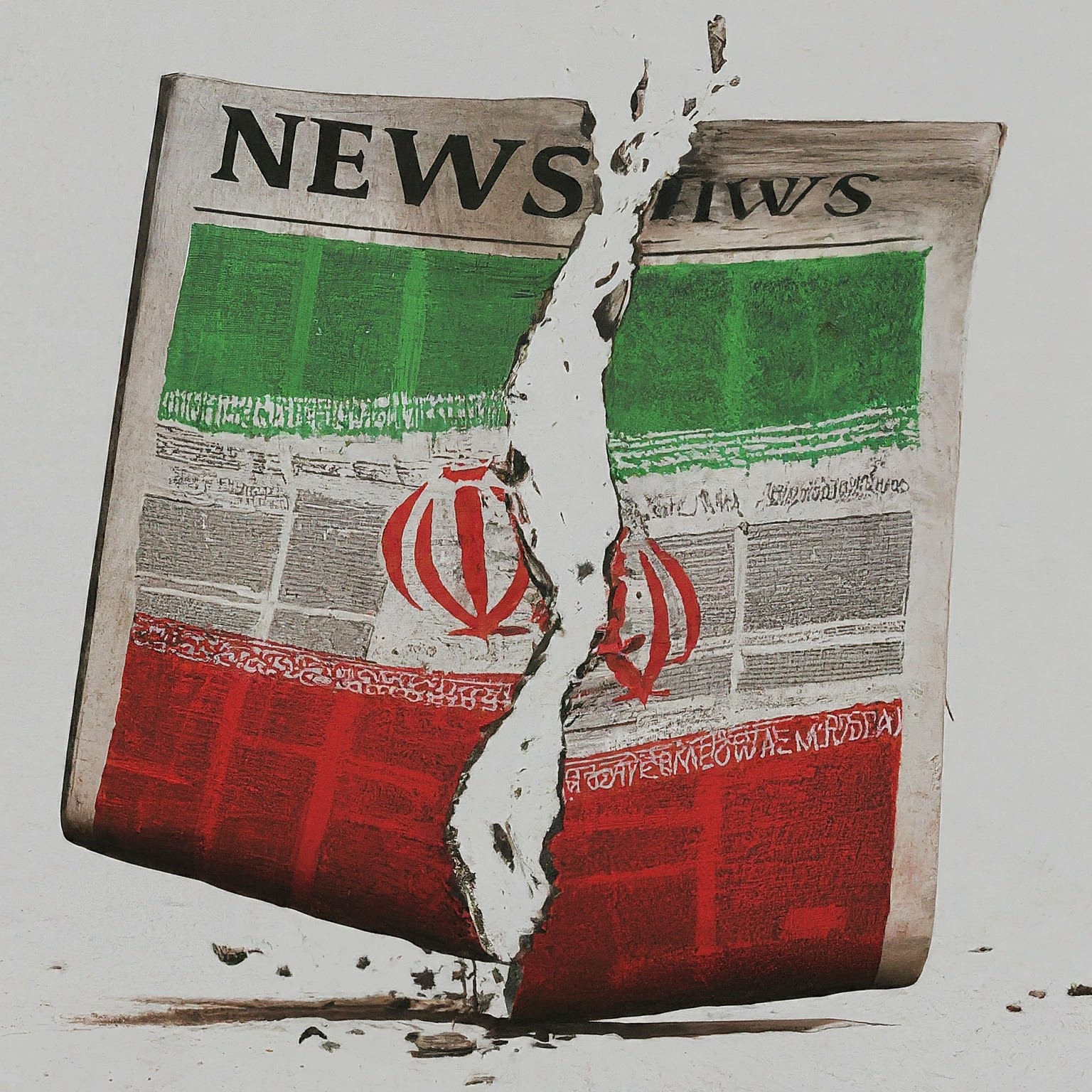Here is a preview of our Iran's Threat of Retaliatory Strikes Narrative Intelligence brief.

This Iran's Threat of Retaliatory Strikes narrative is driven by 159 sources in the Foreign Malign Influencers
module, amplifying 1,493 narrative items.
Today, our Narrative AI highlights escalating tensions in the Middle East, particularly focusing on Iran's potential retaliation against Israel following the assassination of Hamas leader Ismail Haniyeh. These narratives connect themes of regional instability, fears of conflict spillover, and the geopolitical implications of military actions.
The current tensions in the Middle East, particularly between Israel and Iran, are deeply rooted in a complex interplay of demographics, politics, and military considerations. The region is characterized by a diverse population, including various ethnic and religious groups, which often fuels conflict. Israel's Jewish majority coexists with a significant Arab minority, while Iran is predominantly Shia Muslim, with a history of supporting groups like Hamas and Hezbollah that oppose Israel.
Economically, both nations face challenges that influence their military postures. Israel has a technologically advanced economy, bolstered by substantial U.S. military aid, while Iran's economy suffers from sanctions and isolation, yet it maintains a robust military presence in the region. The assassination of key figures, such as Hamas leader Ismail Haniyeh, exacerbates these tensions, prompting fears of retaliation that could destabilize the entire region.
Geographically, the proximity of these nations and their allies creates a volatile environment. The potential for conflict spillover affects not only neighboring countries but also global powers, leading to heightened military readiness and strategic alliances. The U.S. has historically supported Israel, while Iran seeks to expand its influence through proxy groups, complicating diplomatic efforts.
National security concerns are paramount, as both nations prepare for possible escalations. Israel's fear of Iranian retaliation has led to preemptive military strategies, while Iran's acquisition of advanced air-defense systems from Russia signals its intent to bolster its military capabilities. The situation remains precarious, with the potential for a broader conflict that could draw in regional and global powers, further undermining efforts for peace and stability.
Our Kudzu Narrative Intelligence brief auto-updates every few hours with fresh analysis:
Note: Kudzu Narrative Intelligence briefs update every few hours. Very likely, the Narrative Analysis above will have changed as well.
Image Credit for Article Header: Gemini AI